When The Waste Land first appeared, there were rumours that it was a hoax. It seemed so strange: 400 lines in many languages, and even the sections that were in English looked as if the author was only teasing. ‘Twit twit twit’ ran one line: ‘Jug jug jug jug jug jug.’
Already a subscriber? Log in
Subscribe for just $2 a week
Try a month of The Spectator Australia absolutely free and without commitment. Not only that but – if you choose to continue – you’ll pay just $2 a week for your first year.
- Unlimited access to spectator.com.au and app
- The weekly edition on the Spectator Australia app
- Spectator podcasts and newsletters
- Full access to spectator.co.uk
Unlock this article
'The Poems of T.S. Eliot Volume I: Collected and Uncollected Poems', £34 and 'The Poems of T.S. Eliot Volume II: Practical Cats and Further Verses', £34 are available from the Spectator Bookshop, Tel: 08430 600033
You might disagree with half of it, but you’ll enjoy reading all of it. Try your first month for free, then just $2 a week for the remainder of your first year.

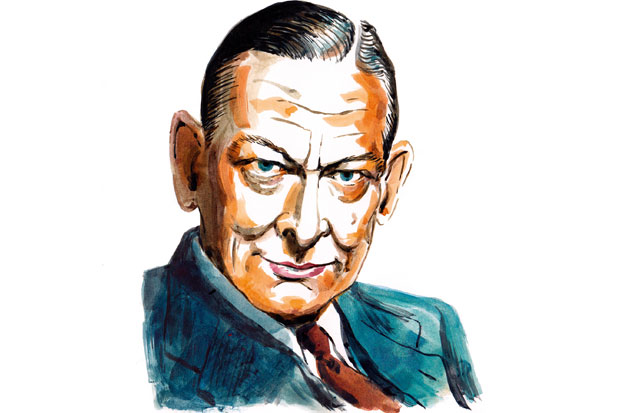

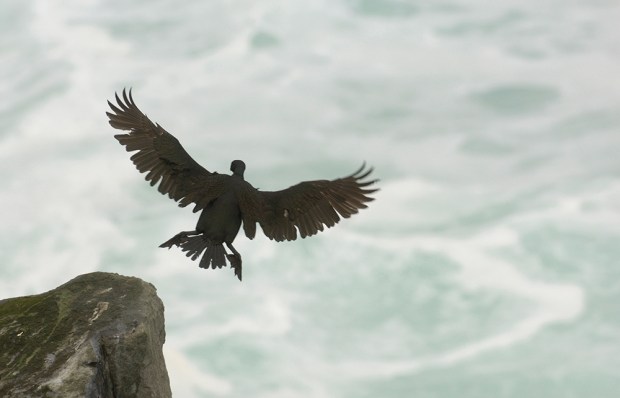
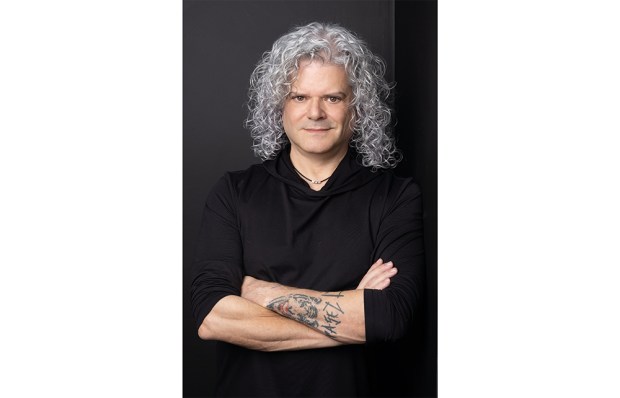
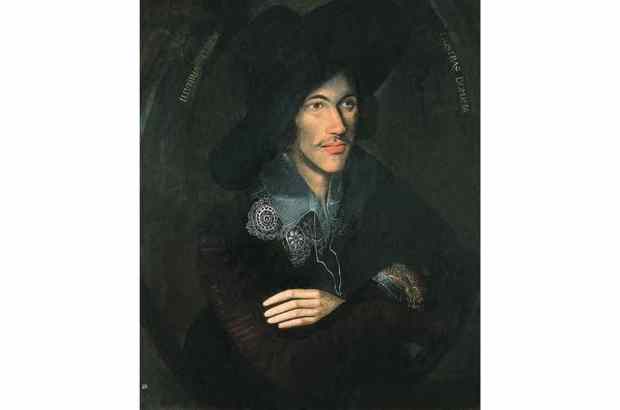
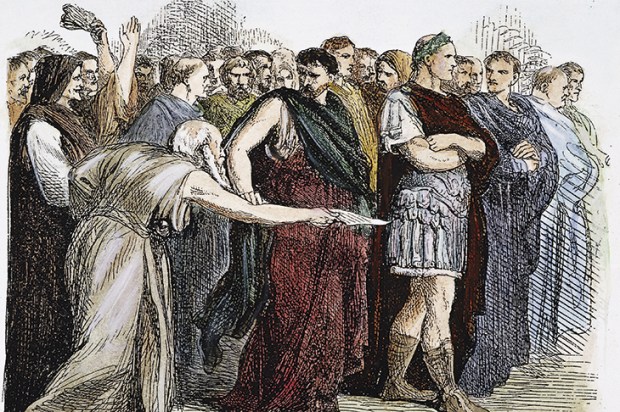
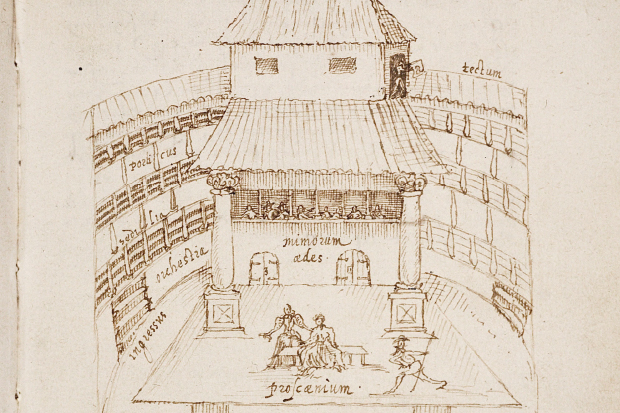






Comments
Don't miss out
Join the conversation with other Spectator Australia readers. Subscribe to leave a comment.
SUBSCRIBEAlready a subscriber? Log in